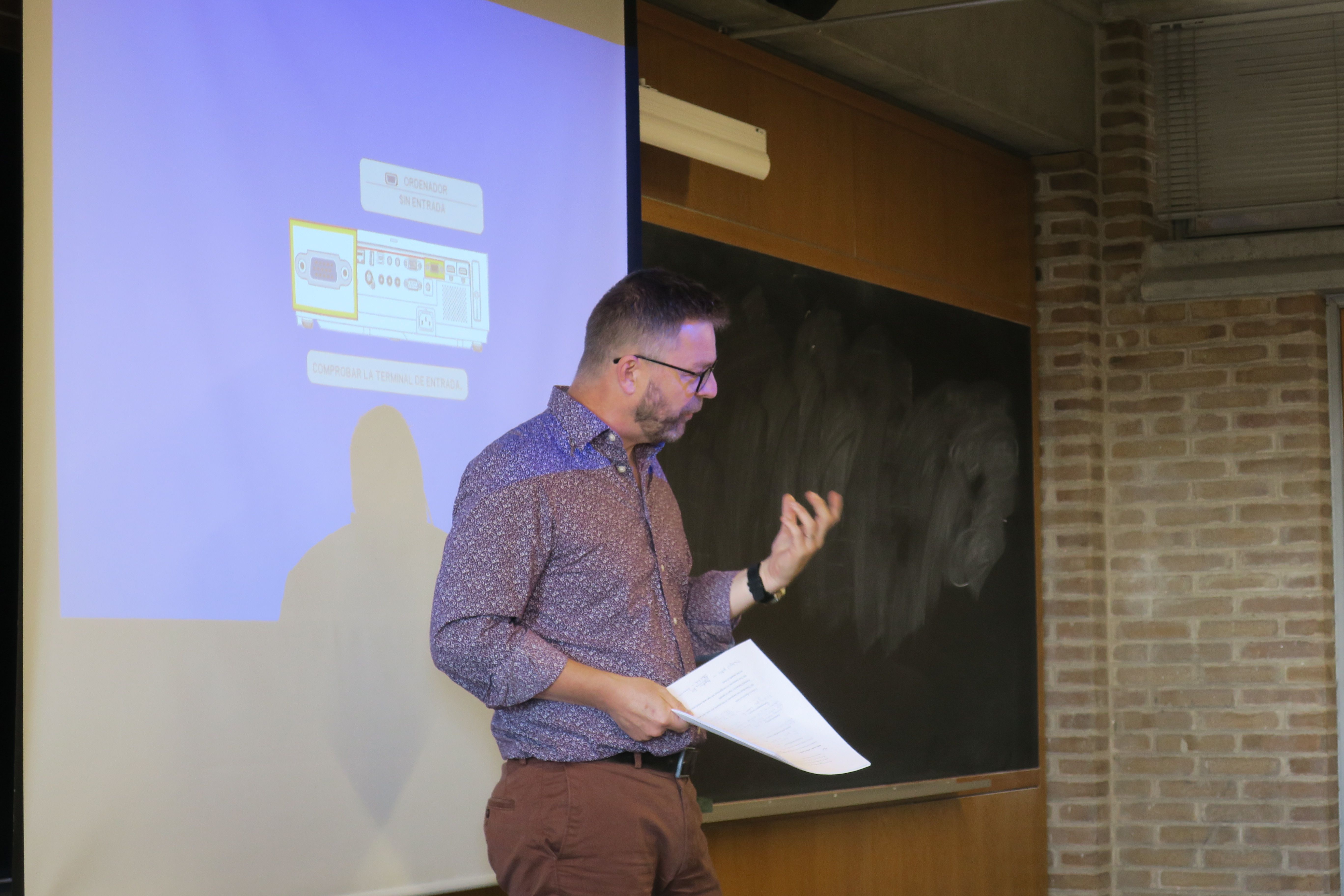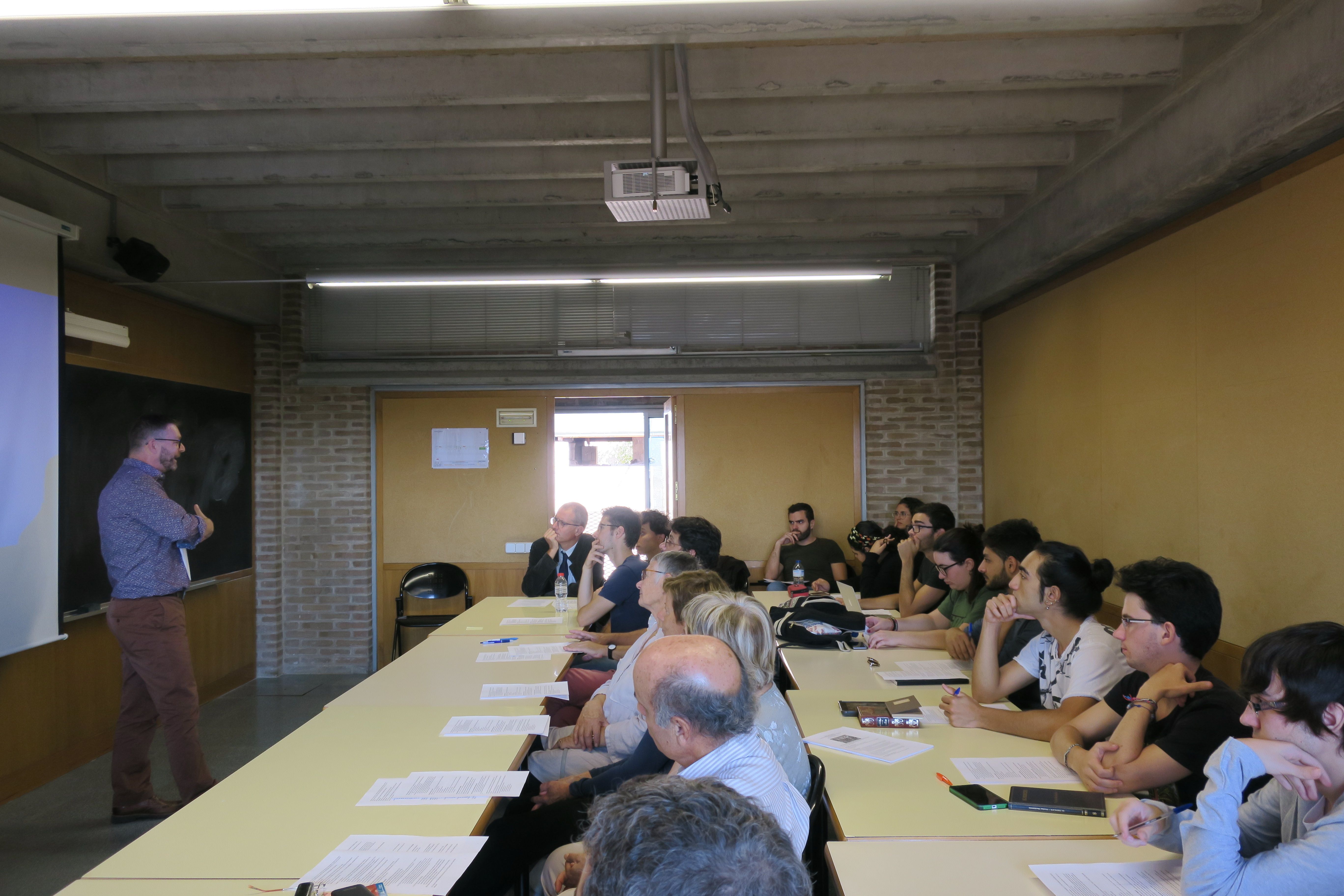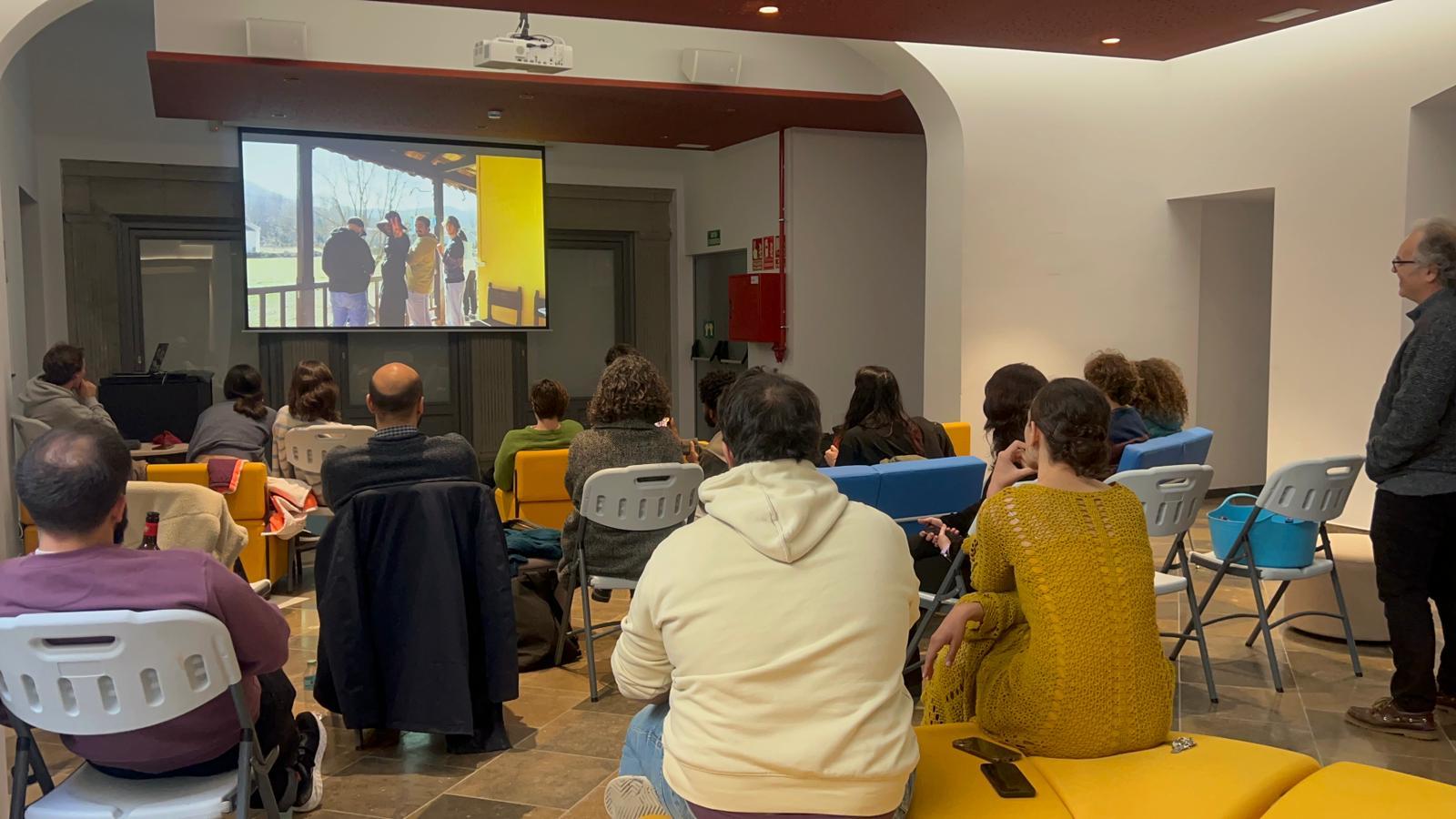Martin Luther’s Big Idea Protestant theology and one of its social consequences
Stephen Plant | University of Girona | October 11, 2017
Wednesday, 11 October 2017 , Olot

Martin Luther’s Big Idea Protestant theology and one of its social consequences

On 31st October, 1517 Martin Luther, Augustinian Friar and Professor of Theology at the University of Wittenberg sent 95 Theses on the Power of Indulgencies to the Archbishop of Mainz. Within months they were in wide circulation. This event is regarded as the beginning of the Protestant Reformation, an event that prompted a revolution that was not only theological, but social and political. In this lecture I outline the origins of the controversy and what was at stake in it. On this basis I explore what was at stake, more broadly, in Luther’s transformative theological thinking. Luther’s ‘discovery’ that salvation is by faith alone – apart from good works. In the second part of my lecture I move on to describe, as one particular example of the ideological drivers of social change, how Luther’s ‘big idea’ resulted in a major overhaul, in cities and states in which the Reformation took hold, of the practice of charity and in systems of poor relief.












